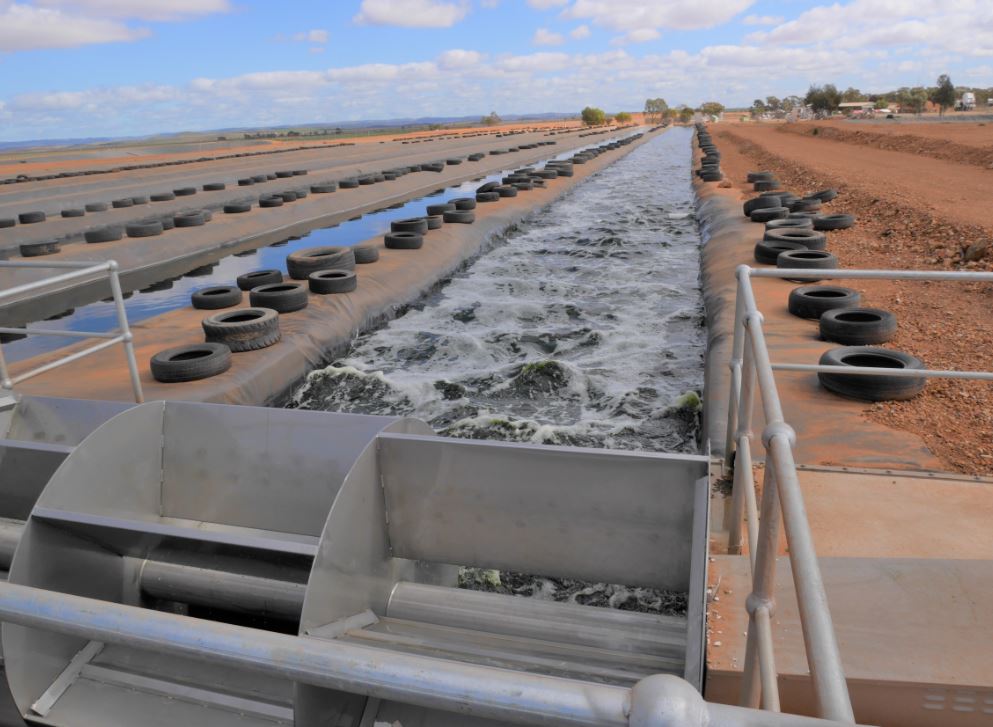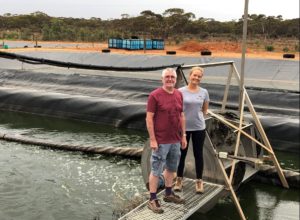
Environmental health experts at Flinders University are advancing research into a highly sustainable wastewater recycling program by developing a cost-effective way to harvest microalgal biomass for use in biofuels and other applications.
The high-rate algal pond (HRAP) model, recycling wastewater at two regional South Australian locations at Kingston-on-Murray and Peterborough with support from the Flinders University research team, uses algae and bacteria to treat the wastewater.
Research led by Flinders University Professor Howard Fallowfield and Dr Paul Young has presented details of a new system using slaked lime and magnesium concentration to concentrate the microalgae-rich biosolids produced in the HRAP at Kingston-on-Murray in SA's Riverland.
Chemical reaction modelling was used to optimise the processing and the cost of chemicals was evaluated.

"This autoflocculation process was successful in harvesting the biosolids while significantly reducing the turbidity, nutrients and E. coli contamination left in the wastewater," says lead author Dr Young, who completed a PhD at Flinders University.
These sustainable, low-energy systems are cost effective to run, and the capital cost of construction is about 40% of the previous system for effluent-only schemes, and marginally higher for blackwater schemes, the Flinders University research has shown.
While a conventional system requires 66 days to treat the wastewater, HRAPs can perform a similar level of treatment in 5-10 days. Its ability to remove pathogens is equal to, or better than, existing wastewater systems, Professor Fallowfield said after an earlier Flinders University study compared the Loxton-Waikerie District Council trial site at Kingston-on-Murray with a conventional system.






